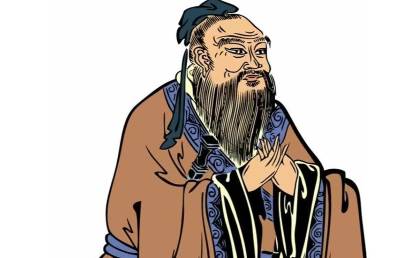Laozi: The Philosopher of Daoism
Laozi, also known as Lao Tzu, is a central figure in Chinese philosophy and a foundational figure in Daoism (Taoism). Believed to have lived during the 6th century BCE, Laozi’s contributions to philosophy, ethics, and governance are primarily encapsulated in the text he is credited with authoring, the Dao De Jing (Tao Te Ching).
Historical Background
Laozi’s historical existence is shrouded in legend, with much of what is known about him derived from ancient texts that blend history and mythology. According to tradition, he was born in the ancient state of Chu and later worked as a keeper of archives in the royal court of the Zhou Dynasty. His insights into human nature and governance arose from this background.
The Dao De Jing
The Dao De Jing is a concise text consisting of 81 chapters, written in poetic form. It is divided into two main sections: the Dao (Tao), which refers to the Way or the fundamental principle that underlies and unites all things, and the De (Te), which signifies virtue or power derived from following the Dao.
Key themes in the Dao De Jing include:
- Wu Wei: This principle, often translated as “non-action†or “effortless action,†emphasizes living in harmony with the Dao. Laozi argues that one should align with the natural flow of the universe rather than impose one’s will forcefully.
- Naturalism: Laozi advocates for a deep respect for nature and the intrinsic order of the world. He believed that human beings should observe and learn from the natural world rather than dominate it.
- Simplicity: The text often extols the virtues of simplicity and humility, promoting a lifestyle that prioritizes modesty and contentment over ambition and material gain.
- Relativity of Concepts: Laozi challenges conventional distinctions, such as good and bad or large and small, suggesting that these dualities are constructs of human perception rather than absolute truths.
Influence on Philosophy and Religion
Laozi's ideas have significantly influenced not only Daoism but also Confucianism and Buddhism. His emphasis on harmony and balance resonates across various traditions. The Dao De Jing has been studied and interpreted by countless scholars, and its teachings have permeated various aspects of Chinese culture, including art, literature, and politics.
Daoism, as shaped by Laozi, promotes a worldview that values harmony with the cosmos. The philosophy encourages followers to seek balance in their lives, leading to a holistic understanding of existence. Laozi’s thoughts on governance advocate for leaders who embody humility, promoting peace by ruling with a light touch.
Legacy
Laozi’s legacy endures, with the Dao De Jing remaining one of the most translated and studied texts in world literature. His concepts continue to inspire contemporary discussions on environmentalism, leadership, and personal well-being. In modern times, Laozi is regarded not just as a philosophical figure but as a global symbol of wisdom and tranquility.
In summary, Laozi has made an indelible mark on philosophical thought, embodying ideals that emphasize peace, naturalness, and balance. His teachings invite individuals to cultivate a deeper understanding of themselves and their relationship with the world, making his philosophy relevant across centuries and cultures.


